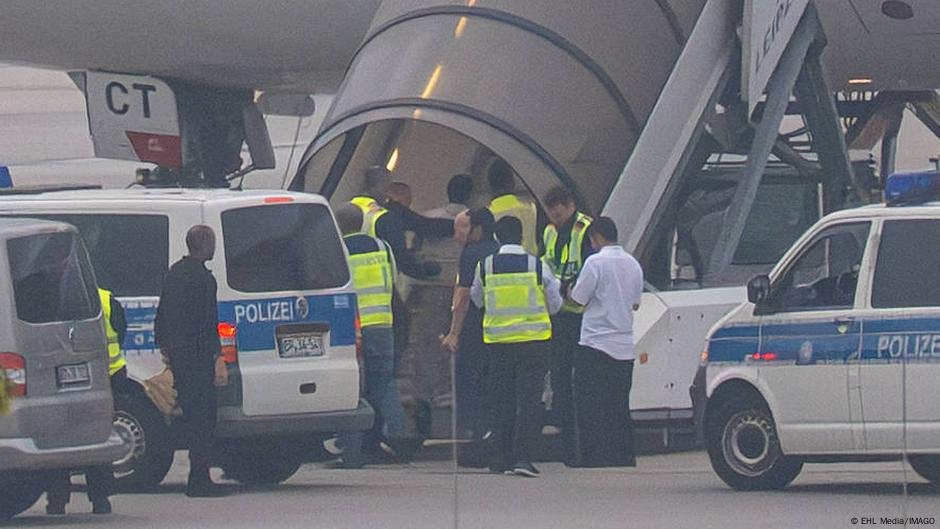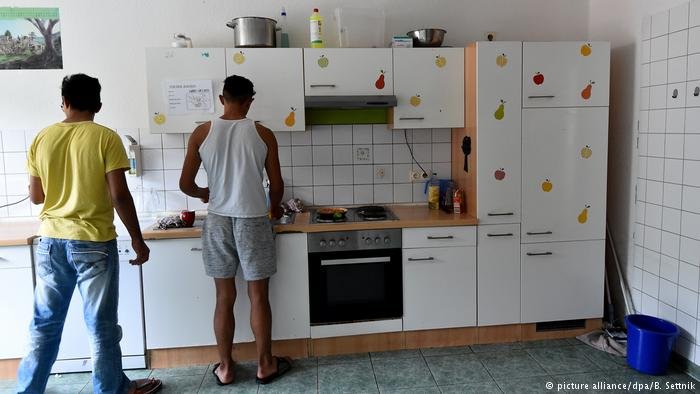The number of deportations from Germany has risen sharply in recent years, with a significant share involving children and young people between the ages of six and 18.
In 2024, German authorities deported 20,084 people, including 2,316 minors aged six to 18, representing 11.5 percent of all deportees. In the first half of 2025, the proportion remained similar, at 11.3 percent (1,345 of 11,807 deportations). These figures come from the ministry’s response to a parliamentary inquiry by Germany's Left Party (Die Linke).
Read AlsoGerman court issues further judgement on Afghan family visa case, as litigation continues
Steady rise in deportations under previous government
Deportations have increased steadily in recent years, from 12,945 in 2022 to 16,430 in 2023, and over 20,000 in 2024. This growth occurred during the previous "traffic light" coalition (SPD, Greens, FDP), which introduced stricter deportation rules at the start of 2024. Responsibility for carrying out deportations primarily lies with the federal states.

When asked how many deported people had been employed in jobs subject to social insurance contributions, the Interior Ministry reported having "no information."
A mid-2023 reform expanded powers for expedited deportations and extended detention periods for rejected asylum seekers from 10 to 28 days, part of broader efforts to tighten asylum controls and streamline removal processes.
Read AlsoImmigration: Germany seeks 'safe countries of origin'
New coalition’s migration agenda
The newly formed CDU/CSU–SPD coalition (the "black-red" coalition) confirmed its focus on tightening borders, suspending family reunification for certain groups, fast-tracking removals of rejected asylum seekers, and ending the "turbo naturalization" route that had allowed highly integrated individuals to apply for citizenship after three years.
The recent drop in asylum applications has been hailed by as evidence of policy "success" by the government. In the first half of 2025, first-time asylum applications fell by roughly half -- from 140,783 to 70,011 -- an outcome the government attributed to its tougher policies. Interior Minister Alexander Dobrindt emphasized enhanced deportation efforts and stricter border enforcement.
Read AlsoHow much money do German states pay out to people they deport?
Bartsch: 'Children belong in school, not on a deportation flight'
Dietmar Bartsch, Bundestag member from the Left Party, criticized the deportation of minors. Speaking to RedaktionsNetzwerk Deutschland, he said that "deporting more and more children from Germany doesn’t solve a problem -- it is a problem! Cold-heartedness must be neither the style nor the goal of our country’s politics."
He added: "What sense does it make to deport children who are learning here, who are growing up here, who are integrated -- the skilled workers of tomorrow -- along with their families? Children belong in school, not on a deportation flight."

Bartsch also criticized Interior Minister Dobrindt, accusing him of posturing as "Germany’s top deportation and isolation minister," which he said "casts a shameful light on the federal government."
Read AlsoGermany approves suspension of family reunification, Syrians to be most affected
Asylum seekers tend to be young
In previous years, minors consistently represented around ten percent of deportees, though absolute numbers were lower. The Interior Ministry’s figures do not specify which age groups are most affected or how many minors were deported with their families.
According to the Federal Office for Migration and Refugees (BAMF), between January to the end of July 2025, 72 percent of asylum applicants in Germany were under 30 years old. From that group, almost half (43 percent) were minors under the age of 18. Eighteen percent of asylum applications filed this year concerned minors between the ages of 6 and 18.
Read AlsoEuropean court halts Austria's deportation plans to Syria, for now
With dpa, epd and KNA
